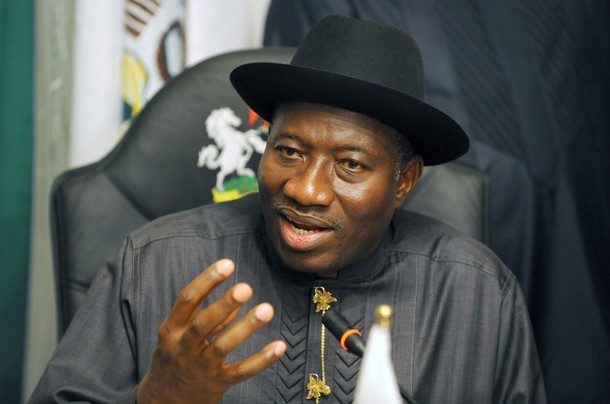The Federal Government has obtained approval from the National Economic Council to take another loan of about $9bn from international funding organizations.
The decision was reached at the meeting of the Council in State House, Abuja where the Council also adopted a recommendation to expand one university in each of the six geo-political zones to the status of mega university to accommodate more prospective students.
Cross River State governor, Liyel Imoke who addressed a press briefing after the meeting with his Anambra State governor, Peter Obi; the Acting Governor of Taraba State, Garba Umar; the Minister for National Planning, Dr Shamsudeen Usman and the Minister of State for Finance, Dr Yerima Ngama, said the loan was for project development.
He revealed that the loan facilities would be provided by Islamic Development Bank (IDA), African Development Bank, French Development Agency, as well as Chinese and Indian Exim Banks, would have up to 10 years moratorium and 40 years repayment periods, and would be made available to both the Federal and state governments to fund high impact projects towards improving infrastructure, agriculture and employment generation.
He said that the Council had therefore urged the states to endeavor to meet the requirements for the loans and to ensure that the facilities are meant to fund meaningful projects in their states.
The Council reviewed the report of the Peter Obi-led Technical Committee on the recommendations of the Needs Assessment of Nigerian Universities (CNANU) and recommended a number of ways to change the fortunes of education in the country.
He said, “Among these were that both the Federal and state governments should prioritise funding by raising budgetary allocation to schools and guaranteeing that funds for education are disbursed as appropriated to ensure that the necessary facilities are provided.”
It recommended the strengthening of the composition and character, especially the external members, of the Governing Councils of the universities by populating the board with members who had a direct stake in academics to ensure better management of the universities.
The committee noted that the Nigerian University system was grossly understaffed and recommended the introduction of attractive incentives towards promoting post-graduate education and upgrading the academic qualifications of all lecturers to PhD level within a given period.
The committee recommended the designation of a focal federal university per geo-political zone to be upgraded towards expanding its absorptive capacity to between 150,000 to 200,000 students in the medium term.
The National Economic Council is headed by the Vice-President, with the 36 state governors and the Ministers of Finance and National Planning, and the Governor of the Central Bank as members.
It is empowered by Section 18 of the 1999 constitution to serve as an advisory body to the President on the economy.
In December 2012, the House of Representatives had approved the plan of the Federal Government and 14 states to take a $7.9bn loan from international creditors.
The states were Kaduna, Kano, Lagos, Borno, Ondo, Adamawa, Nasarawa, Cross River, Abia, Anambra, Ebonyi, Enugu, Imo, Edo, Kebbi, Katsina, Osun, Niger, Kwara, Bauchi, Jigawa, Sokoto, Gombe and Ekiti.
This takes Nigeria’s total external debt burden to $22.6bn.



Leave a Reply